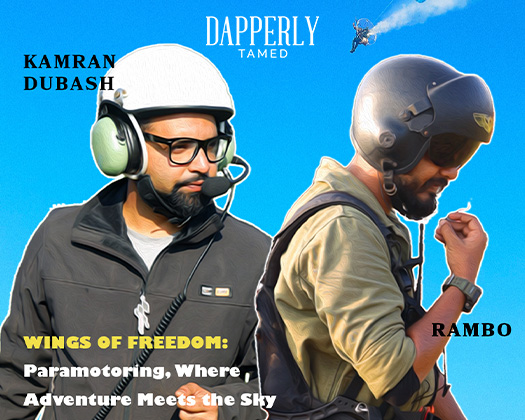Diwali's Hidden Realities: Unveiling 5 Intriguing Facts about the Festival of Lights
Diwali, or Deepavali, the Festival of Lights, has long captivated hearts and minds with its dazzling displays and vibrant celebrations. Beyond the radiant glow of diyas and the burst of fireworks, there lie hidden realities that add layers of significance to this auspicious occasion. Here are five facts about Diwali that illuminate its diverse origins, cross-religious significance, extended celebration, world records, and the intriguing tradition of gambling.
Multiple Origin Stories: The Tapestry of Diwali's Beginnings
Diwali's roots extend across the vast tapestry of India's cultural and mythological landscape. While various regions offer their unique narratives, two stories stand out as widely accepted. The first revolves around the triumphant return of Lord Rama and Sita to Ayodhya, symbolising the victory of good over evil. The second narrative unfolds from the samudra manthan (churning of the ocean), portraying the emergence of Goddess Lakshmi, the harbinger of wealth and prosperity. These diverse origin stories showcase the richness and complexity of Diwali's cultural tapestry.
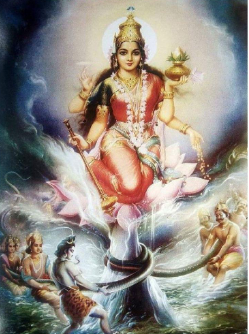
Diwali's Cross-Religious Significance: Beyond Hinduism
Diwali is not confined to the realms of Hinduism; its light extends to Jainism, Sikhism, and Buddhism, fostering a sense of unity among diverse religious traditions. For Jains, Diwali marks the nirvana of Lord Mahavira, a celebration of spiritual enlightenment. In Sikhism, it commemorates the release of Guru Hargobind Ji and signifies the triumph of good over oppression. Some Buddhist traditions associate Diwali with Emperor Ashoka's conversion, showcasing the festival's capacity to transcend religious boundaries and embrace a universal spirit of illumination.

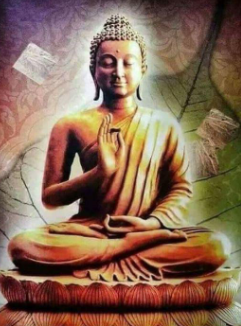
Five-Days Festival: A Tapestry of Traditions
Diwali isn't a single-day affair; it unfolds over five days, each marked by distinct traditions. The festivities commence with Dhanteras, a day dedicated to wealth and prosperity. Naraka Chaturdashi, or Choti Diwali, follows, symbolising the triumph of good over evil. Diwali itself represents the main event, marked by the illumination of diyas, feasts, and the exchange of gifts. Govardhan Puja pays homage to Lord Krishna's lifting of Govardhan Hill, and Bhai Dooj concludes the celebrations by honouring the bond between brothers and sisters. This five-day extravaganza weaves together a rich narrative, embracing various facets of life and culture.

World Record Every Year: Ayodhya's Dazzling Diya Display
Every year, Ayodhya, the birthplace of Lord Rama, becomes a mesmerising sea of light as lakhs of diyas illuminate the cityscape. In a bid to set a new world record, this year's celebration aims to light an astounding 24 lakhs diyas, surpassing their previous achievement of 15 lakh diyas. This ambitious endeavour not only showcases the devotion and enthusiasm of the community but also underscores the grandeur and scale of Diwali celebrations in India.
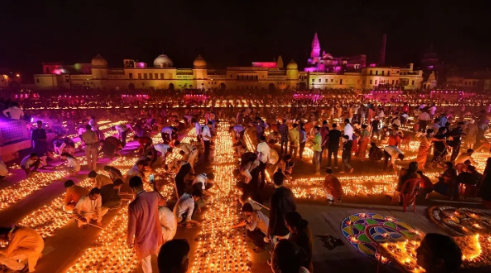
Good Luck Gambling: An Unconventional Diwali Tradition
While Diwali is traditionally associated with prayer, family, and festive feasts, it harbours an unconventional tradition—gambling. On Diwali night, engaging in games of chance is believed to invoke the blessings of Lakshmi, the Goddess of Wealth. The belief is that a successful gamble on this auspicious night will lead to prosperity and good fortune throughout the year. Interestingly, mythology intertwines with this tradition, as it is said that on Diwali, Parvati played dice with her husband Shiva, adding a mystical and playful dimension to the celebration.
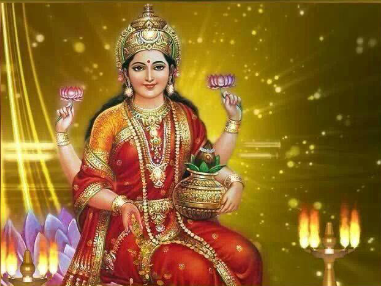
In conclusion, Diwali's hidden realities reveal a festival that goes beyond mere spectacle, encompassing a tapestry of cultural, religious, and traditional nuances. The diverse origin stories, cross-religious significance, extended celebrations, world records, and the unconventional tradition of gambling all contribute to the rich and vibrant mosaic that is Diwali, making it a celebration that transcends boundaries and resonates with people across the spectrum of life.







